THREAD - Today’s THE day.
With no graduation ceremonies in sight, I’m getting Mr8 & Mr9 to help me celebrate my #PhD conferral today!
We made a #TwitterMind themed #SLPhD bonnet (featuring brain & blue bird), a ceremonial mace & the boys made me a certificate #FirstGenPhD
With no graduation ceremonies in sight, I’m getting Mr8 & Mr9 to help me celebrate my #PhD conferral today!
We made a #TwitterMind themed #SLPhD bonnet (featuring brain & blue bird), a ceremonial mace & the boys made me a certificate #FirstGenPhD
And we all dressed the part  https://abs.twimg.com/emoji/v2/... draggable="false" alt="🎓" title="Doktorhut" aria-label="Emoji: Doktorhut">
https://abs.twimg.com/emoji/v2/... draggable="false" alt="🎓" title="Doktorhut" aria-label="Emoji: Doktorhut"> https://abs.twimg.com/emoji/v2/... draggable="false" alt="🧑🏽🎓" title="Student (mittlerer Hautton)" aria-label="Emoji: Student (mittlerer Hautton)">
https://abs.twimg.com/emoji/v2/... draggable="false" alt="🧑🏽🎓" title="Student (mittlerer Hautton)" aria-label="Emoji: Student (mittlerer Hautton)"> https://abs.twimg.com/emoji/v2/... draggable="false" alt="👨🏽🎓" title="Man student (mittlerer Hautton)" aria-label="Emoji: Man student (mittlerer Hautton)">
https://abs.twimg.com/emoji/v2/... draggable="false" alt="👨🏽🎓" title="Man student (mittlerer Hautton)" aria-label="Emoji: Man student (mittlerer Hautton)"> https://abs.twimg.com/emoji/v2/... draggable="false" alt="🧑🏽🎓" title="Student (mittlerer Hautton)" aria-label="Emoji: Student (mittlerer Hautton)">
https://abs.twimg.com/emoji/v2/... draggable="false" alt="🧑🏽🎓" title="Student (mittlerer Hautton)" aria-label="Emoji: Student (mittlerer Hautton)">
Mr8 felt it was imperative I wear the bonnet to drop them off at school… https://abs.twimg.com/emoji/v2/... draggable="false" alt="🤣" title="Lachend auf dem Boden rollen" aria-label="Emoji: Lachend auf dem Boden rollen">
https://abs.twimg.com/emoji/v2/... draggable="false" alt="🤣" title="Lachend auf dem Boden rollen" aria-label="Emoji: Lachend auf dem Boden rollen"> https://abs.twimg.com/emoji/v2/... draggable="false" alt="🥰" title="Smiling face with 3 hearts" aria-label="Emoji: Smiling face with 3 hearts">
https://abs.twimg.com/emoji/v2/... draggable="false" alt="🥰" title="Smiling face with 3 hearts" aria-label="Emoji: Smiling face with 3 hearts"> https://abs.twimg.com/emoji/v2/... draggable="false" alt="🤘🏽" title="Heavy-Metal-Handzeichen (mittlerer Hautton)" aria-label="Emoji: Heavy-Metal-Handzeichen (mittlerer Hautton)">
https://abs.twimg.com/emoji/v2/... draggable="false" alt="🤘🏽" title="Heavy-Metal-Handzeichen (mittlerer Hautton)" aria-label="Emoji: Heavy-Metal-Handzeichen (mittlerer Hautton)">
Mr8 felt it was imperative I wear the bonnet to drop them off at school…
A huge shout out to my epic #SLPhD supervisory team @BronwynHemsley @LeanneTogher @s_palm @stephendann, my @UTS_GSH colleagues, and my wonderful thesis examiners  https://abs.twimg.com/emoji/v2/... draggable="false" alt="🤗" title="Umarmendes Gesicht" aria-label="Emoji: Umarmendes Gesicht">
https://abs.twimg.com/emoji/v2/... draggable="false" alt="🤗" title="Umarmendes Gesicht" aria-label="Emoji: Umarmendes Gesicht">
My #SLPhD thesis is not yet available on the @UTS digital repository #WatchThisSpace – so I thought I’d share my PhD story & findings via thread today #SocialMedia #TBI #ABI #SLPeeps #WeSpeechies
If you want the quick & dirty snapshot – watch my #3MT video from 2018! https://youtu.be/xHsQMzNt0J4 ">https://youtu.be/xHsQMzNt0...
I came into research/academia later in life, I’d been working clinically as a speech pathologist for well over a decade before I started a job working @speechBITE (research database of #SLPeeps #WeSpeechies interventions)
Being surrounded by research design and having to manage a Twitter handle really got me interested more in conducting research – then @bronwynhemsley, @leannetogher & the @speechbite team sold me on it  https://abs.twimg.com/emoji/v2/... draggable="false" alt="😉" title="Zwinkerndes Gesicht" aria-label="Emoji: Zwinkerndes Gesicht">
https://abs.twimg.com/emoji/v2/... draggable="false" alt="😉" title="Zwinkerndes Gesicht" aria-label="Emoji: Zwinkerndes Gesicht">
In my #SLPhD I used a mixed methods socio-technical approach where each study built knowledge & identified areas for further exploration. This meant I could examine big data (eg Twitter) & explore rich descriptions of experience described by people with #TBI & rehab professionals
I started, like most PhD candidates, by systematically searching the literature. I found little social media research involving people with a #TBI & most focused on risks & barriers with little knowledge about facilitators, experiences, or patterns of use https://www.tandfonline.com/doi/full/10.3109/09638288.2015.1045992">https://www.tandfonline.com/doi/full/...
It was clear we needed to know about the use of technology more broadly in rehabilitation after TBI
So I conducted a second systematic review  https://abs.twimg.com/emoji/v2/... draggable="false" alt="🤣" title="Lachend auf dem Boden rollen" aria-label="Emoji: Lachend auf dem Boden rollen">
https://abs.twimg.com/emoji/v2/... draggable="false" alt="🤣" title="Lachend auf dem Boden rollen" aria-label="Emoji: Lachend auf dem Boden rollen"> https://abs.twimg.com/emoji/v2/... draggable="false" alt="😭" title="Laut schreiendes Gesicht" aria-label="Emoji: Laut schreiendes Gesicht"> &identified multiple factors that influence successful use of technology in rehabilitation and developed a model to inform clinical practice
https://abs.twimg.com/emoji/v2/... draggable="false" alt="😭" title="Laut schreiendes Gesicht" aria-label="Emoji: Laut schreiendes Gesicht"> &identified multiple factors that influence successful use of technology in rehabilitation and developed a model to inform clinical practice
https://tandfonline.com/doi/full/10.1080/02699052.2017.1292429">https://tandfonline.com/doi/full/...
https://tandfonline.com/doi/full/10.1080/02699052.2017.1292429">https://tandfonline.com/doi/full/...
This model really emphasises that using technology in rehab is multi-faceted & complex AND these factors are likely to be different for each individual & change over time
I then really wanted to get an understanding of what conversations were happening about TBI in social media. So in Twitter, I collected over 50 thousand TBI-related tweets in 1 month  https://abs.twimg.com/emoji/v2/... draggable="false" alt="🤯" title="Explodierender Kopf" aria-label="Emoji: Explodierender Kopf">
https://abs.twimg.com/emoji/v2/... draggable="false" alt="🤯" title="Explodierender Kopf" aria-label="Emoji: Explodierender Kopf"> https://abs.twimg.com/emoji/v2/... draggable="false" alt="🤯" title="Explodierender Kopf" aria-label="Emoji: Explodierender Kopf">
https://abs.twimg.com/emoji/v2/... draggable="false" alt="🤯" title="Explodierender Kopf" aria-label="Emoji: Explodierender Kopf"> https://abs.twimg.com/emoji/v2/... draggable="false" alt="🤯" title="Explodierender Kopf" aria-label="Emoji: Explodierender Kopf">. After exclusions, I ended up analysing over 29 thousand tweets!
https://abs.twimg.com/emoji/v2/... draggable="false" alt="🤯" title="Explodierender Kopf" aria-label="Emoji: Explodierender Kopf">. After exclusions, I ended up analysing over 29 thousand tweets!
I found that Twitter is used for a variety of purposes and by a large number of Twitter users to talk about TBI.
Over 200 people who were tweeting had a brain injury & they expressed feelings of frustration, vulnerability, trauma, acceptance, & generosity https://tandfonline.com/doi/full/10.1080/02699052.2017.1403047">https://tandfonline.com/doi/full/...
Over 200 people who were tweeting had a brain injury & they expressed feelings of frustration, vulnerability, trauma, acceptance, & generosity https://tandfonline.com/doi/full/10.1080/02699052.2017.1403047">https://tandfonline.com/doi/full/...
Then I really wanted to know about how people with a #TBI experienced using social media after their injury and whether anyone got help to use it during rehab https://abs.twimg.com/emoji/v2/... draggable="false" alt="❓" title="Rotes Fragezeichen-Symbol" aria-label="Emoji: Rotes Fragezeichen-Symbol">
https://abs.twimg.com/emoji/v2/... draggable="false" alt="❓" title="Rotes Fragezeichen-Symbol" aria-label="Emoji: Rotes Fragezeichen-Symbol"> https://abs.twimg.com/emoji/v2/... draggable="false" alt="⁉️" title="Ausrufe-Fragezeichen" aria-label="Emoji: Ausrufe-Fragezeichen">
https://abs.twimg.com/emoji/v2/... draggable="false" alt="⁉️" title="Ausrufe-Fragezeichen" aria-label="Emoji: Ausrufe-Fragezeichen"> https://abs.twimg.com/emoji/v2/... draggable="false" alt="❓" title="Rotes Fragezeichen-Symbol" aria-label="Emoji: Rotes Fragezeichen-Symbol">
https://abs.twimg.com/emoji/v2/... draggable="false" alt="❓" title="Rotes Fragezeichen-Symbol" aria-label="Emoji: Rotes Fragezeichen-Symbol">
From my interviews with people with TBI about using social media, I found that most of them used more than one platform & they used them everyday. None had gotten support to use them aside from sometimes getting assistance when setting up their account https://onlinelibrary.wiley.com/doi/full/10.1111/1460-6984.12405">https://onlinelibrary.wiley.com/doi/full/...
They all learnt to use social media through a trial and error approach and reported difficulties with cognitive fatigue and understanding concepts around using the different platforms
I then studied over 6000 tweets sent by 6 people with TBI.
These participants ranged from novice tweeters who mostly ‘lurked’ & watched others, to more expert ‘prolific’ tweeters
http://hdl.handle.net/10125/59870 ">https://hdl.handle.net/10125/598...
These participants ranged from novice tweeters who mostly ‘lurked’ & watched others, to more expert ‘prolific’ tweeters
http://hdl.handle.net/10125/59870 ">https://hdl.handle.net/10125/598...
I then interviewed these 6 people with a TBI about their Twitter use and experiences. During the interviews we also looked at their tweets and Twitter networks & I asked them to think about their tweet data & what it meant to them
Even though they tweeted a lot, prolific users weren’t necessarily strategic & novice users struggled without support. Regardless of their skill level, a sense of connection really helped them to feel engaged & to participate in meaningful conversations https://doi.org/10.1017/BrImp.2019.12">https://doi.org/10.1017/B...
These people with TBI used Twitter for connection, to be included, and to communicate.
Again - They navigated Twitter using trial-and-error with little support. They wanted to grow their connections but they really felt unsure and wanted help to do so
Again - They navigated Twitter using trial-and-error with little support. They wanted to grow their connections but they really felt unsure and wanted help to do so
So we had an idea of what people with TBI experience - but what about health professionals?
I conducted two focus groups with health professionals working in a rehabilitation organisation, that offered both inpatient and community TBI rehab services https://tandfonline.com/doi/full/10.1080/09638288.2019.1685604">https://tandfonline.com/doi/full/...
I conducted two focus groups with health professionals working in a rehabilitation organisation, that offered both inpatient and community TBI rehab services https://tandfonline.com/doi/full/10.1080/09638288.2019.1685604">https://tandfonline.com/doi/full/...
These rehab professionals were concerned about vulnerability, exploitation, & reputation management for people using social media after TBI. They saw their role was to protect people from harm, through imposing social media restrictions or addressing problems as they happened
But they wanted to be proactive – and wanted specific guidance in how to address social media during rehabilitation, as most of them weren’t actively engaging with social media themselves.
It was clear that supports are required to guide clinical practice
It was clear that supports are required to guide clinical practice
So what did this all mean?
I conducted a meta-synthesis to see how all of these pieces fit together: evidence in the literature; Twitter data analysis; interview & focus group data; & @eSafetyOffice guidance on safe use of social media (paper in peer review)
I conducted a meta-synthesis to see how all of these pieces fit together: evidence in the literature; Twitter data analysis; interview & focus group data; & @eSafetyOffice guidance on safe use of social media (paper in peer review)
I identified five guiding concepts and these informed the development of an evidence-based assessment protocol, and suggested facilitators of social media use to address during rehabilitation
In using this assessment protocol - rehab professionals can be proactive and work with people with TBI collaboratively to develop person-centred goals that address social communication in digital contexts
Given the importance of connection highlighted by the people with TBI, the concerns of rehab professionals regarding potential risks, and the current trial and error or restrictive approach to using social media – I identified several recommendations
The key thing in these recommendations is this idea of a TEAM approach, where the person with a TBI and their family and friends are actively part of the team
This research provides a road map for different avenues of inquiry in the use of social media after brain injury…
We need greater insights into the experiences of health professionals, alongside studies exploring cybersafety & social media use across different ages & platforms
We need greater insights into the experiences of health professionals, alongside studies exploring cybersafety & social media use across different ages & platforms
Over the next few years I get to continue investigating in this space @Syd_uni @abicommlab! I’m prioritising projects that will strengthen our knowledge on how to support people with ABI in using social media safely and meaningfully
My PhD research is just the beginning of the story. The future of social media is yet to be written. I’m hopeful that these platforms continue to provide opportunities for people to tell their stories, to connect with others, and be included in life
I’ve included the links to all of these publications in this thread – please go check them out! If you need access to any of them - please get in touch with me  https://abs.twimg.com/emoji/v2/... draggable="false" alt="😊" title="Lächelndes Gesicht mit lächelnden Augen" aria-label="Emoji: Lächelndes Gesicht mit lächelnden Augen">
https://abs.twimg.com/emoji/v2/... draggable="false" alt="😊" title="Lächelndes Gesicht mit lächelnden Augen" aria-label="Emoji: Lächelndes Gesicht mit lächelnden Augen">
@UTS_GSH also recently interviewed me and ran a story about my PhD work – you can read all about it here https://www.uts.edu.au/about/graduate-school-health/news/social-media-and-speech-pathology-rehabilitation">https://www.uts.edu.au/about/gra...

 Read on Twitter
Read on Twitter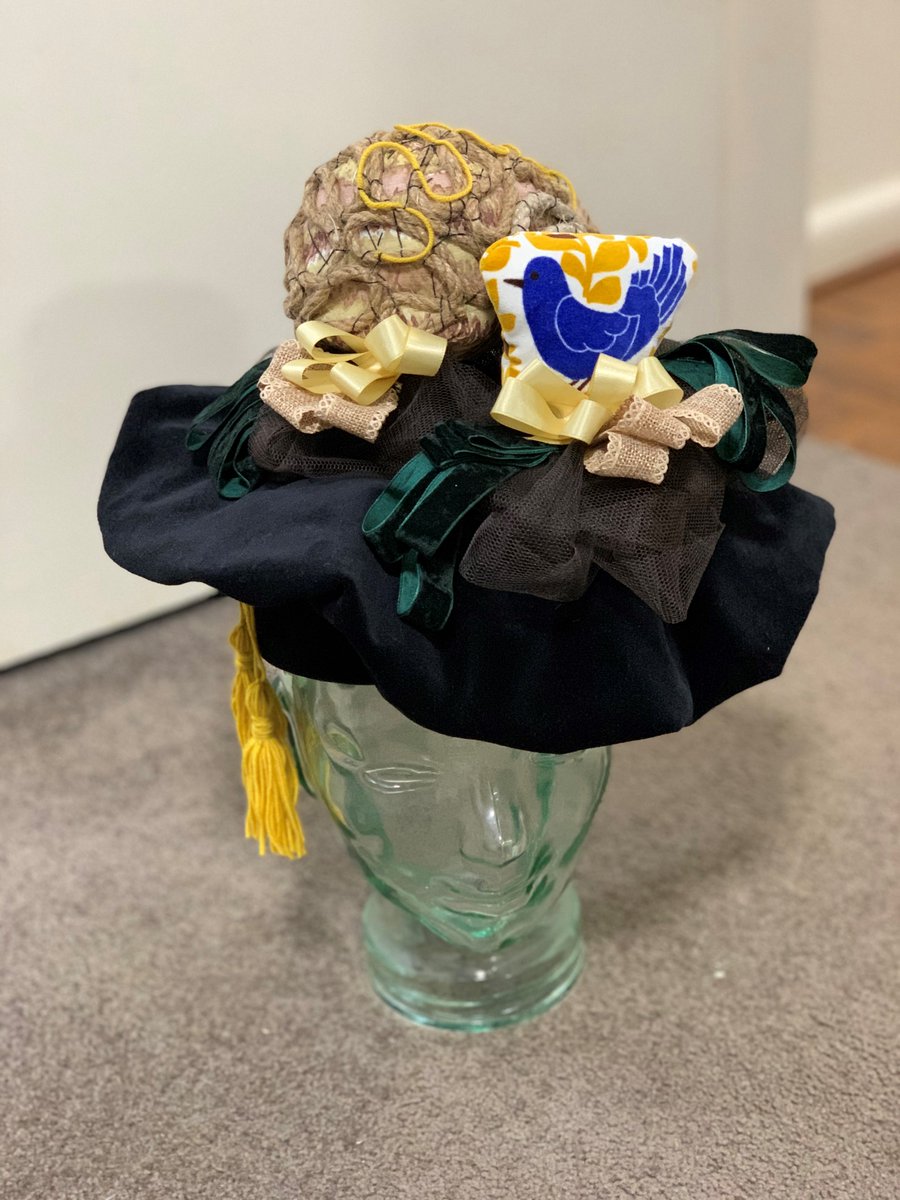
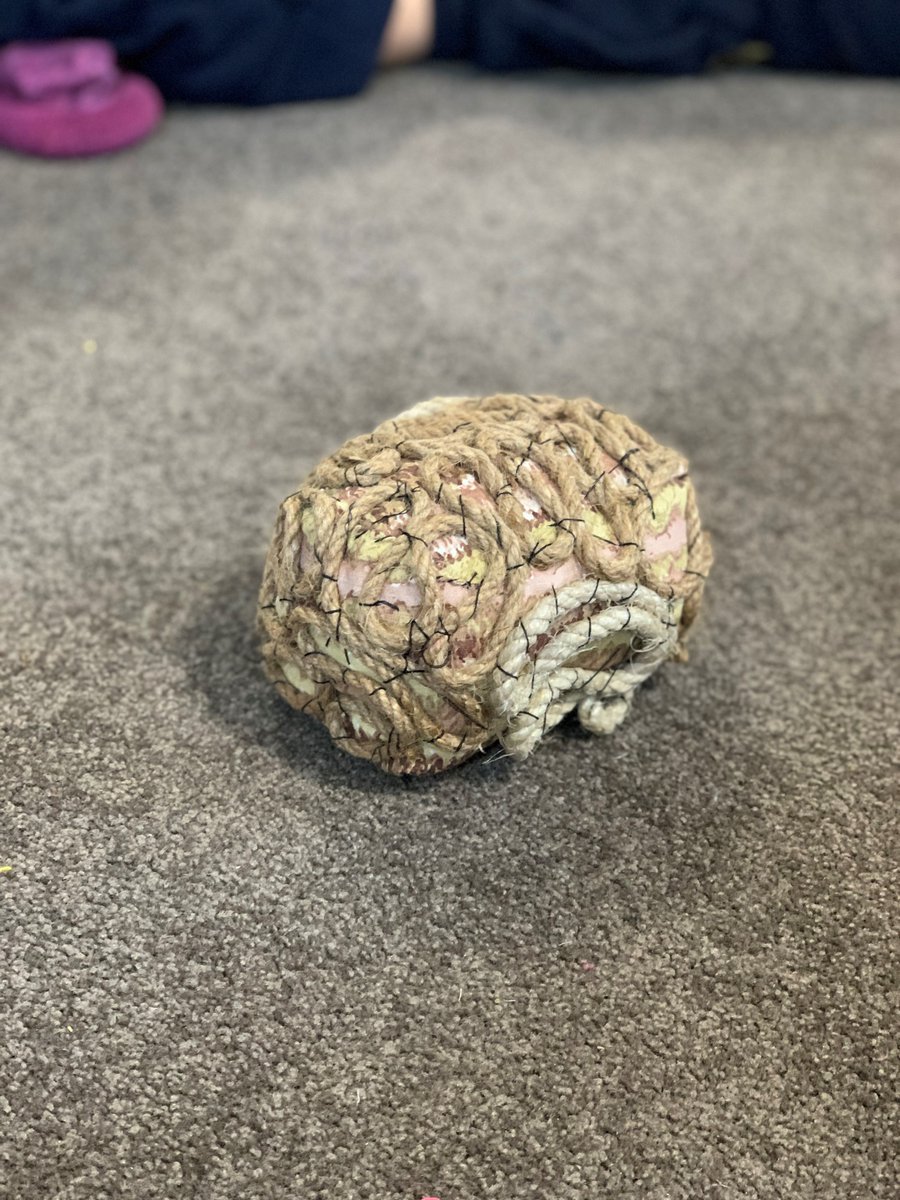
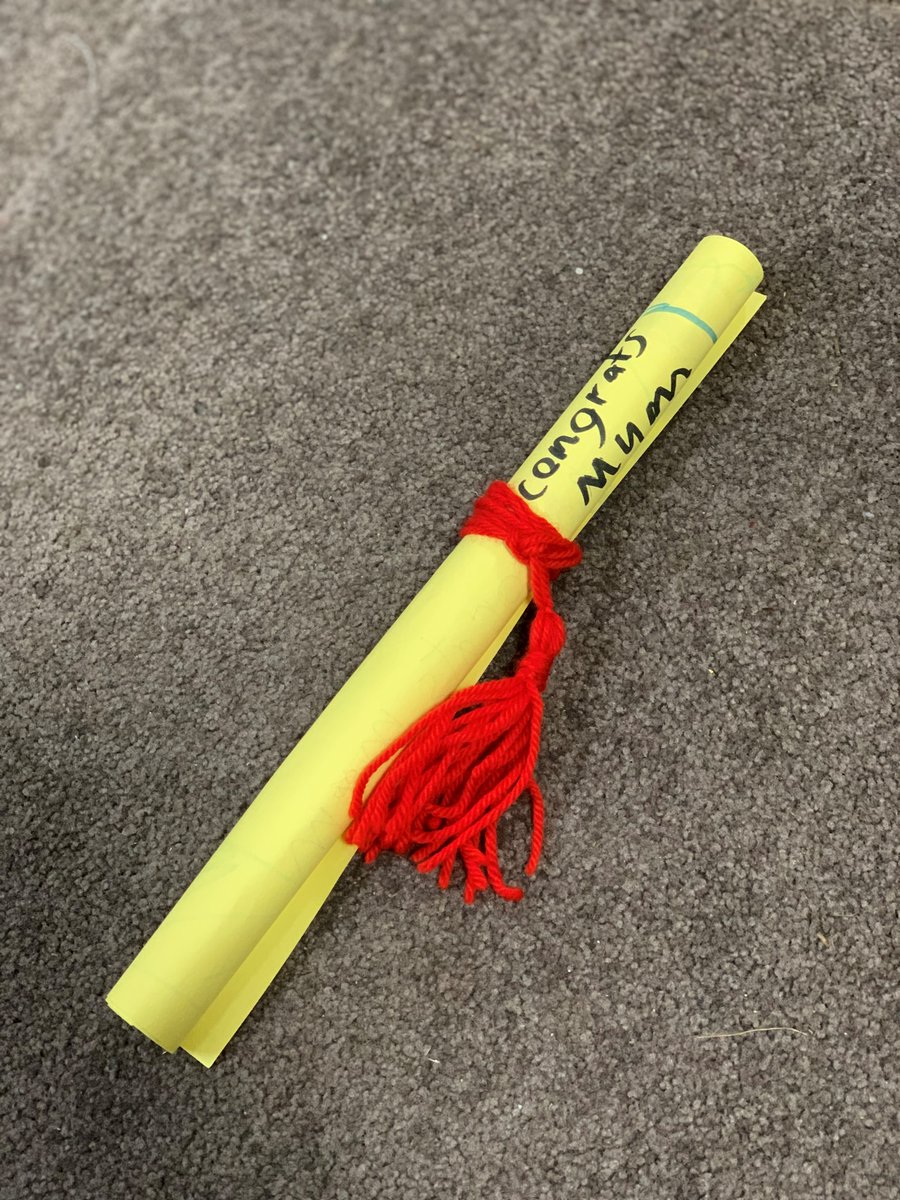

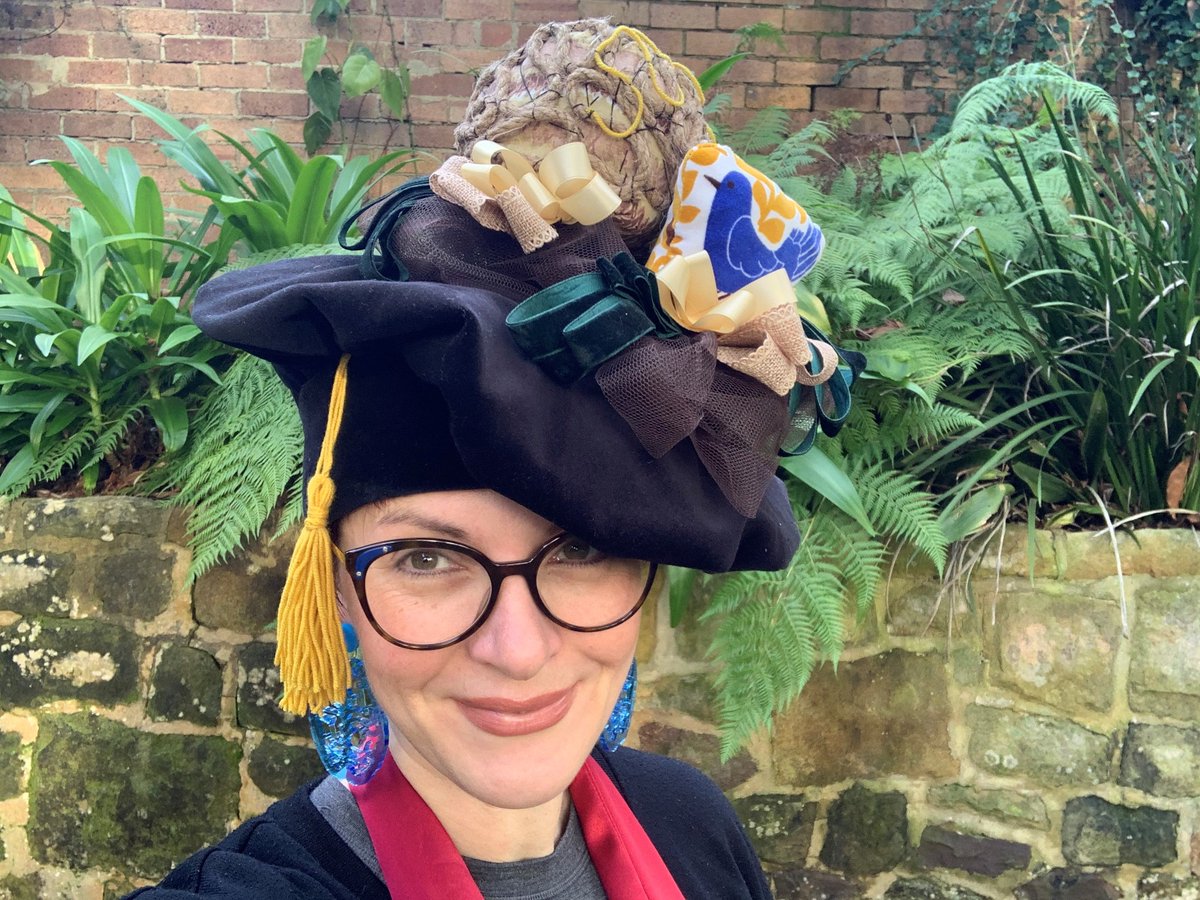 https://abs.twimg.com/emoji/v2/... draggable="false" alt="🧑🏽🎓" title="Student (mittlerer Hautton)" aria-label="Emoji: Student (mittlerer Hautton)">https://abs.twimg.com/emoji/v2/... draggable="false" alt="👨🏽🎓" title="Man student (mittlerer Hautton)" aria-label="Emoji: Man student (mittlerer Hautton)">https://abs.twimg.com/emoji/v2/... draggable="false" alt="🧑🏽🎓" title="Student (mittlerer Hautton)" aria-label="Emoji: Student (mittlerer Hautton)"> Mr8 felt it was imperative I wear the bonnet to drop them off at school… https://abs.twimg.com/emoji/v2/... draggable="false" alt="🤣" title="Lachend auf dem Boden rollen" aria-label="Emoji: Lachend auf dem Boden rollen">https://abs.twimg.com/emoji/v2/... draggable="false" alt="🥰" title="Smiling face with 3 hearts" aria-label="Emoji: Smiling face with 3 hearts">https://abs.twimg.com/emoji/v2/... draggable="false" alt="🤘🏽" title="Heavy-Metal-Handzeichen (mittlerer Hautton)" aria-label="Emoji: Heavy-Metal-Handzeichen (mittlerer Hautton)">" title="And we all dressed the part https://abs.twimg.com/emoji/v2/... draggable="false" alt="🎓" title="Doktorhut" aria-label="Emoji: Doktorhut">https://abs.twimg.com/emoji/v2/... draggable="false" alt="🧑🏽🎓" title="Student (mittlerer Hautton)" aria-label="Emoji: Student (mittlerer Hautton)">https://abs.twimg.com/emoji/v2/... draggable="false" alt="👨🏽🎓" title="Man student (mittlerer Hautton)" aria-label="Emoji: Man student (mittlerer Hautton)">https://abs.twimg.com/emoji/v2/... draggable="false" alt="🧑🏽🎓" title="Student (mittlerer Hautton)" aria-label="Emoji: Student (mittlerer Hautton)"> Mr8 felt it was imperative I wear the bonnet to drop them off at school… https://abs.twimg.com/emoji/v2/... draggable="false" alt="🤣" title="Lachend auf dem Boden rollen" aria-label="Emoji: Lachend auf dem Boden rollen">https://abs.twimg.com/emoji/v2/... draggable="false" alt="🥰" title="Smiling face with 3 hearts" aria-label="Emoji: Smiling face with 3 hearts">https://abs.twimg.com/emoji/v2/... draggable="false" alt="🤘🏽" title="Heavy-Metal-Handzeichen (mittlerer Hautton)" aria-label="Emoji: Heavy-Metal-Handzeichen (mittlerer Hautton)">">
https://abs.twimg.com/emoji/v2/... draggable="false" alt="🧑🏽🎓" title="Student (mittlerer Hautton)" aria-label="Emoji: Student (mittlerer Hautton)">https://abs.twimg.com/emoji/v2/... draggable="false" alt="👨🏽🎓" title="Man student (mittlerer Hautton)" aria-label="Emoji: Man student (mittlerer Hautton)">https://abs.twimg.com/emoji/v2/... draggable="false" alt="🧑🏽🎓" title="Student (mittlerer Hautton)" aria-label="Emoji: Student (mittlerer Hautton)"> Mr8 felt it was imperative I wear the bonnet to drop them off at school… https://abs.twimg.com/emoji/v2/... draggable="false" alt="🤣" title="Lachend auf dem Boden rollen" aria-label="Emoji: Lachend auf dem Boden rollen">https://abs.twimg.com/emoji/v2/... draggable="false" alt="🥰" title="Smiling face with 3 hearts" aria-label="Emoji: Smiling face with 3 hearts">https://abs.twimg.com/emoji/v2/... draggable="false" alt="🤘🏽" title="Heavy-Metal-Handzeichen (mittlerer Hautton)" aria-label="Emoji: Heavy-Metal-Handzeichen (mittlerer Hautton)">" title="And we all dressed the part https://abs.twimg.com/emoji/v2/... draggable="false" alt="🎓" title="Doktorhut" aria-label="Emoji: Doktorhut">https://abs.twimg.com/emoji/v2/... draggable="false" alt="🧑🏽🎓" title="Student (mittlerer Hautton)" aria-label="Emoji: Student (mittlerer Hautton)">https://abs.twimg.com/emoji/v2/... draggable="false" alt="👨🏽🎓" title="Man student (mittlerer Hautton)" aria-label="Emoji: Man student (mittlerer Hautton)">https://abs.twimg.com/emoji/v2/... draggable="false" alt="🧑🏽🎓" title="Student (mittlerer Hautton)" aria-label="Emoji: Student (mittlerer Hautton)"> Mr8 felt it was imperative I wear the bonnet to drop them off at school… https://abs.twimg.com/emoji/v2/... draggable="false" alt="🤣" title="Lachend auf dem Boden rollen" aria-label="Emoji: Lachend auf dem Boden rollen">https://abs.twimg.com/emoji/v2/... draggable="false" alt="🥰" title="Smiling face with 3 hearts" aria-label="Emoji: Smiling face with 3 hearts">https://abs.twimg.com/emoji/v2/... draggable="false" alt="🤘🏽" title="Heavy-Metal-Handzeichen (mittlerer Hautton)" aria-label="Emoji: Heavy-Metal-Handzeichen (mittlerer Hautton)">">
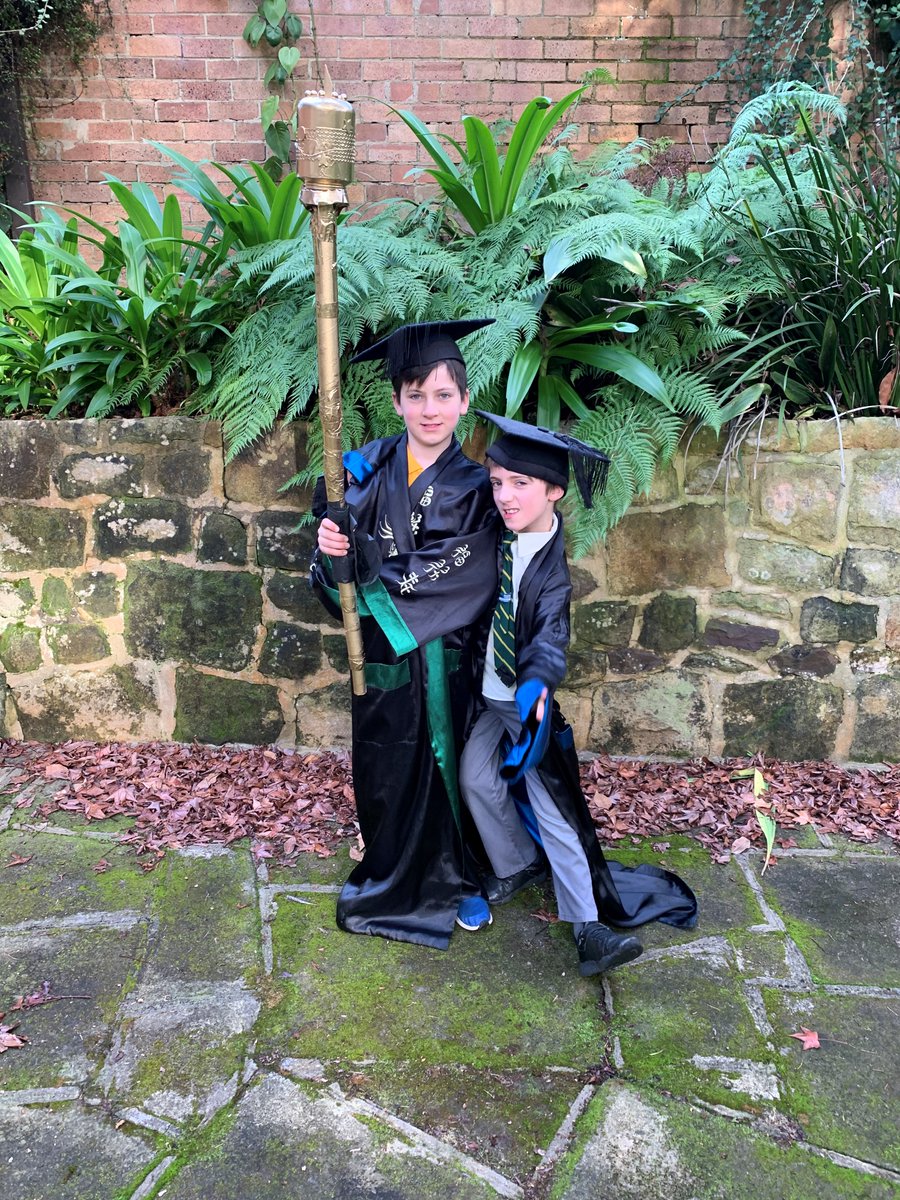 https://abs.twimg.com/emoji/v2/... draggable="false" alt="🧑🏽🎓" title="Student (mittlerer Hautton)" aria-label="Emoji: Student (mittlerer Hautton)">https://abs.twimg.com/emoji/v2/... draggable="false" alt="👨🏽🎓" title="Man student (mittlerer Hautton)" aria-label="Emoji: Man student (mittlerer Hautton)">https://abs.twimg.com/emoji/v2/... draggable="false" alt="🧑🏽🎓" title="Student (mittlerer Hautton)" aria-label="Emoji: Student (mittlerer Hautton)"> Mr8 felt it was imperative I wear the bonnet to drop them off at school… https://abs.twimg.com/emoji/v2/... draggable="false" alt="🤣" title="Lachend auf dem Boden rollen" aria-label="Emoji: Lachend auf dem Boden rollen">https://abs.twimg.com/emoji/v2/... draggable="false" alt="🥰" title="Smiling face with 3 hearts" aria-label="Emoji: Smiling face with 3 hearts">https://abs.twimg.com/emoji/v2/... draggable="false" alt="🤘🏽" title="Heavy-Metal-Handzeichen (mittlerer Hautton)" aria-label="Emoji: Heavy-Metal-Handzeichen (mittlerer Hautton)">" title="And we all dressed the part https://abs.twimg.com/emoji/v2/... draggable="false" alt="🎓" title="Doktorhut" aria-label="Emoji: Doktorhut">https://abs.twimg.com/emoji/v2/... draggable="false" alt="🧑🏽🎓" title="Student (mittlerer Hautton)" aria-label="Emoji: Student (mittlerer Hautton)">https://abs.twimg.com/emoji/v2/... draggable="false" alt="👨🏽🎓" title="Man student (mittlerer Hautton)" aria-label="Emoji: Man student (mittlerer Hautton)">https://abs.twimg.com/emoji/v2/... draggable="false" alt="🧑🏽🎓" title="Student (mittlerer Hautton)" aria-label="Emoji: Student (mittlerer Hautton)"> Mr8 felt it was imperative I wear the bonnet to drop them off at school… https://abs.twimg.com/emoji/v2/... draggable="false" alt="🤣" title="Lachend auf dem Boden rollen" aria-label="Emoji: Lachend auf dem Boden rollen">https://abs.twimg.com/emoji/v2/... draggable="false" alt="🥰" title="Smiling face with 3 hearts" aria-label="Emoji: Smiling face with 3 hearts">https://abs.twimg.com/emoji/v2/... draggable="false" alt="🤘🏽" title="Heavy-Metal-Handzeichen (mittlerer Hautton)" aria-label="Emoji: Heavy-Metal-Handzeichen (mittlerer Hautton)">">
https://abs.twimg.com/emoji/v2/... draggable="false" alt="🧑🏽🎓" title="Student (mittlerer Hautton)" aria-label="Emoji: Student (mittlerer Hautton)">https://abs.twimg.com/emoji/v2/... draggable="false" alt="👨🏽🎓" title="Man student (mittlerer Hautton)" aria-label="Emoji: Man student (mittlerer Hautton)">https://abs.twimg.com/emoji/v2/... draggable="false" alt="🧑🏽🎓" title="Student (mittlerer Hautton)" aria-label="Emoji: Student (mittlerer Hautton)"> Mr8 felt it was imperative I wear the bonnet to drop them off at school… https://abs.twimg.com/emoji/v2/... draggable="false" alt="🤣" title="Lachend auf dem Boden rollen" aria-label="Emoji: Lachend auf dem Boden rollen">https://abs.twimg.com/emoji/v2/... draggable="false" alt="🥰" title="Smiling face with 3 hearts" aria-label="Emoji: Smiling face with 3 hearts">https://abs.twimg.com/emoji/v2/... draggable="false" alt="🤘🏽" title="Heavy-Metal-Handzeichen (mittlerer Hautton)" aria-label="Emoji: Heavy-Metal-Handzeichen (mittlerer Hautton)">" title="And we all dressed the part https://abs.twimg.com/emoji/v2/... draggable="false" alt="🎓" title="Doktorhut" aria-label="Emoji: Doktorhut">https://abs.twimg.com/emoji/v2/... draggable="false" alt="🧑🏽🎓" title="Student (mittlerer Hautton)" aria-label="Emoji: Student (mittlerer Hautton)">https://abs.twimg.com/emoji/v2/... draggable="false" alt="👨🏽🎓" title="Man student (mittlerer Hautton)" aria-label="Emoji: Man student (mittlerer Hautton)">https://abs.twimg.com/emoji/v2/... draggable="false" alt="🧑🏽🎓" title="Student (mittlerer Hautton)" aria-label="Emoji: Student (mittlerer Hautton)"> Mr8 felt it was imperative I wear the bonnet to drop them off at school… https://abs.twimg.com/emoji/v2/... draggable="false" alt="🤣" title="Lachend auf dem Boden rollen" aria-label="Emoji: Lachend auf dem Boden rollen">https://abs.twimg.com/emoji/v2/... draggable="false" alt="🥰" title="Smiling face with 3 hearts" aria-label="Emoji: Smiling face with 3 hearts">https://abs.twimg.com/emoji/v2/... draggable="false" alt="🤘🏽" title="Heavy-Metal-Handzeichen (mittlerer Hautton)" aria-label="Emoji: Heavy-Metal-Handzeichen (mittlerer Hautton)">">
 https://abs.twimg.com/emoji/v2/... draggable="false" alt="🧑🏽🎓" title="Student (mittlerer Hautton)" aria-label="Emoji: Student (mittlerer Hautton)">https://abs.twimg.com/emoji/v2/... draggable="false" alt="👨🏽🎓" title="Man student (mittlerer Hautton)" aria-label="Emoji: Man student (mittlerer Hautton)">https://abs.twimg.com/emoji/v2/... draggable="false" alt="🧑🏽🎓" title="Student (mittlerer Hautton)" aria-label="Emoji: Student (mittlerer Hautton)"> Mr8 felt it was imperative I wear the bonnet to drop them off at school… https://abs.twimg.com/emoji/v2/... draggable="false" alt="🤣" title="Lachend auf dem Boden rollen" aria-label="Emoji: Lachend auf dem Boden rollen">https://abs.twimg.com/emoji/v2/... draggable="false" alt="🥰" title="Smiling face with 3 hearts" aria-label="Emoji: Smiling face with 3 hearts">https://abs.twimg.com/emoji/v2/... draggable="false" alt="🤘🏽" title="Heavy-Metal-Handzeichen (mittlerer Hautton)" aria-label="Emoji: Heavy-Metal-Handzeichen (mittlerer Hautton)">" title="And we all dressed the part https://abs.twimg.com/emoji/v2/... draggable="false" alt="🎓" title="Doktorhut" aria-label="Emoji: Doktorhut">https://abs.twimg.com/emoji/v2/... draggable="false" alt="🧑🏽🎓" title="Student (mittlerer Hautton)" aria-label="Emoji: Student (mittlerer Hautton)">https://abs.twimg.com/emoji/v2/... draggable="false" alt="👨🏽🎓" title="Man student (mittlerer Hautton)" aria-label="Emoji: Man student (mittlerer Hautton)">https://abs.twimg.com/emoji/v2/... draggable="false" alt="🧑🏽🎓" title="Student (mittlerer Hautton)" aria-label="Emoji: Student (mittlerer Hautton)"> Mr8 felt it was imperative I wear the bonnet to drop them off at school… https://abs.twimg.com/emoji/v2/... draggable="false" alt="🤣" title="Lachend auf dem Boden rollen" aria-label="Emoji: Lachend auf dem Boden rollen">https://abs.twimg.com/emoji/v2/... draggable="false" alt="🥰" title="Smiling face with 3 hearts" aria-label="Emoji: Smiling face with 3 hearts">https://abs.twimg.com/emoji/v2/... draggable="false" alt="🤘🏽" title="Heavy-Metal-Handzeichen (mittlerer Hautton)" aria-label="Emoji: Heavy-Metal-Handzeichen (mittlerer Hautton)">">
https://abs.twimg.com/emoji/v2/... draggable="false" alt="🧑🏽🎓" title="Student (mittlerer Hautton)" aria-label="Emoji: Student (mittlerer Hautton)">https://abs.twimg.com/emoji/v2/... draggable="false" alt="👨🏽🎓" title="Man student (mittlerer Hautton)" aria-label="Emoji: Man student (mittlerer Hautton)">https://abs.twimg.com/emoji/v2/... draggable="false" alt="🧑🏽🎓" title="Student (mittlerer Hautton)" aria-label="Emoji: Student (mittlerer Hautton)"> Mr8 felt it was imperative I wear the bonnet to drop them off at school… https://abs.twimg.com/emoji/v2/... draggable="false" alt="🤣" title="Lachend auf dem Boden rollen" aria-label="Emoji: Lachend auf dem Boden rollen">https://abs.twimg.com/emoji/v2/... draggable="false" alt="🥰" title="Smiling face with 3 hearts" aria-label="Emoji: Smiling face with 3 hearts">https://abs.twimg.com/emoji/v2/... draggable="false" alt="🤘🏽" title="Heavy-Metal-Handzeichen (mittlerer Hautton)" aria-label="Emoji: Heavy-Metal-Handzeichen (mittlerer Hautton)">" title="And we all dressed the part https://abs.twimg.com/emoji/v2/... draggable="false" alt="🎓" title="Doktorhut" aria-label="Emoji: Doktorhut">https://abs.twimg.com/emoji/v2/... draggable="false" alt="🧑🏽🎓" title="Student (mittlerer Hautton)" aria-label="Emoji: Student (mittlerer Hautton)">https://abs.twimg.com/emoji/v2/... draggable="false" alt="👨🏽🎓" title="Man student (mittlerer Hautton)" aria-label="Emoji: Man student (mittlerer Hautton)">https://abs.twimg.com/emoji/v2/... draggable="false" alt="🧑🏽🎓" title="Student (mittlerer Hautton)" aria-label="Emoji: Student (mittlerer Hautton)"> Mr8 felt it was imperative I wear the bonnet to drop them off at school… https://abs.twimg.com/emoji/v2/... draggable="false" alt="🤣" title="Lachend auf dem Boden rollen" aria-label="Emoji: Lachend auf dem Boden rollen">https://abs.twimg.com/emoji/v2/... draggable="false" alt="🥰" title="Smiling face with 3 hearts" aria-label="Emoji: Smiling face with 3 hearts">https://abs.twimg.com/emoji/v2/... draggable="false" alt="🤘🏽" title="Heavy-Metal-Handzeichen (mittlerer Hautton)" aria-label="Emoji: Heavy-Metal-Handzeichen (mittlerer Hautton)">">
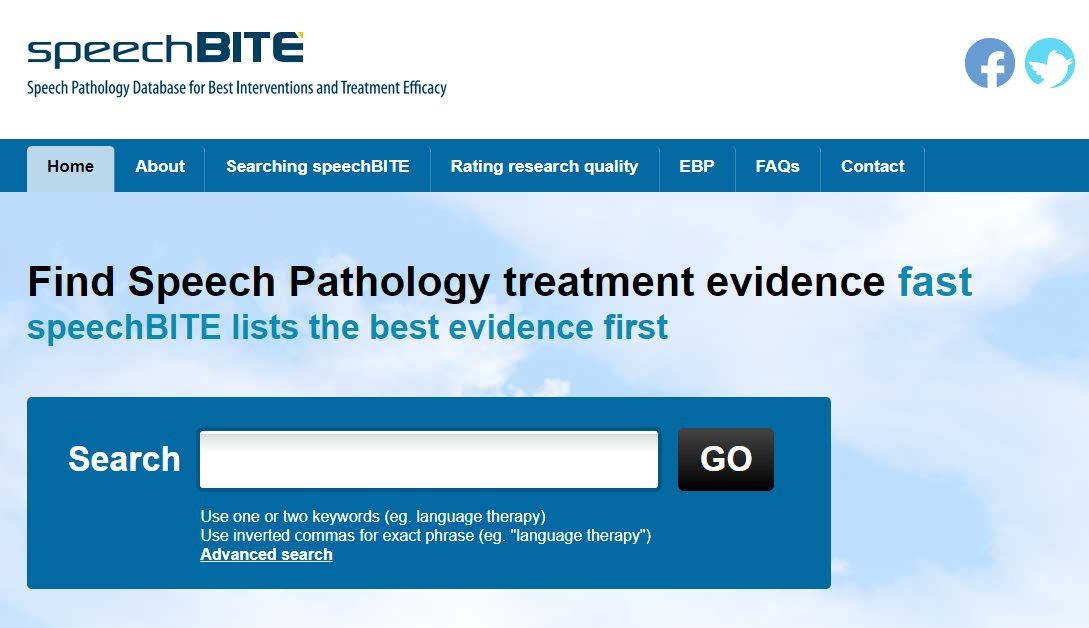
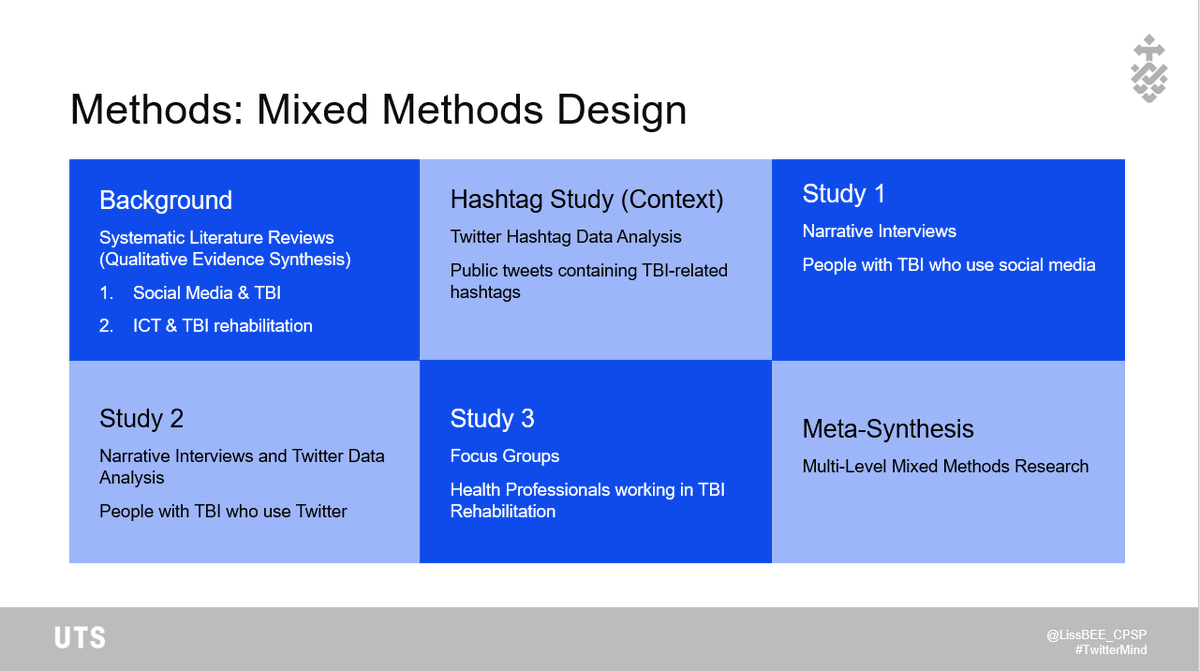
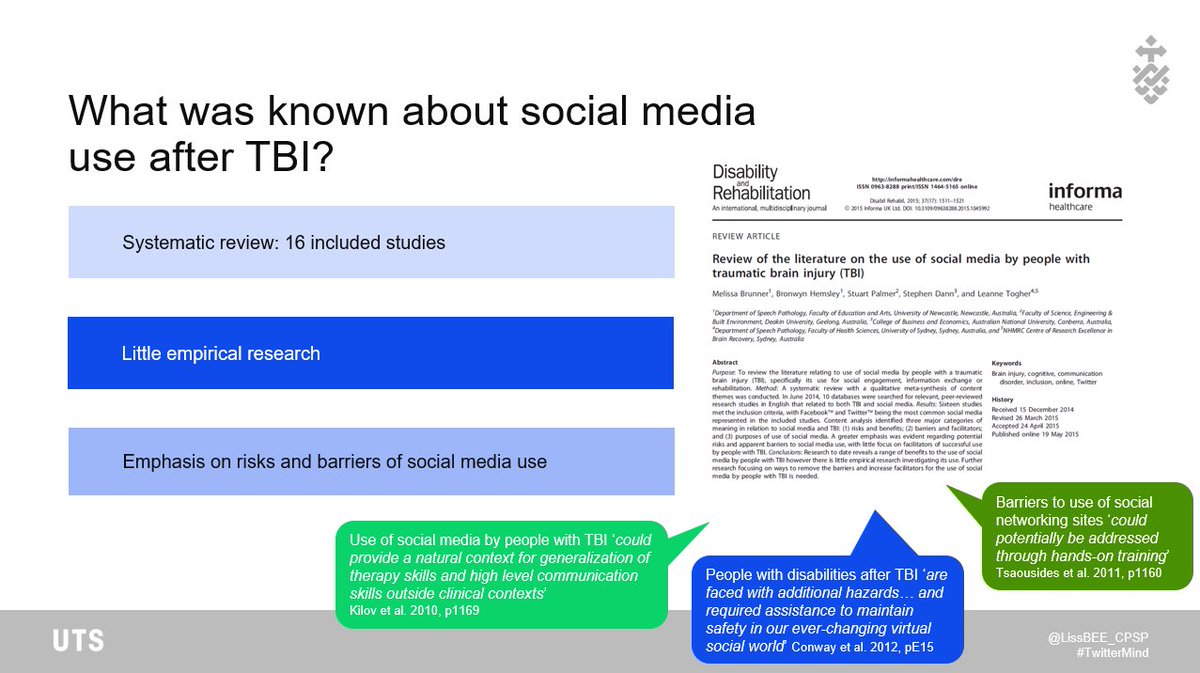
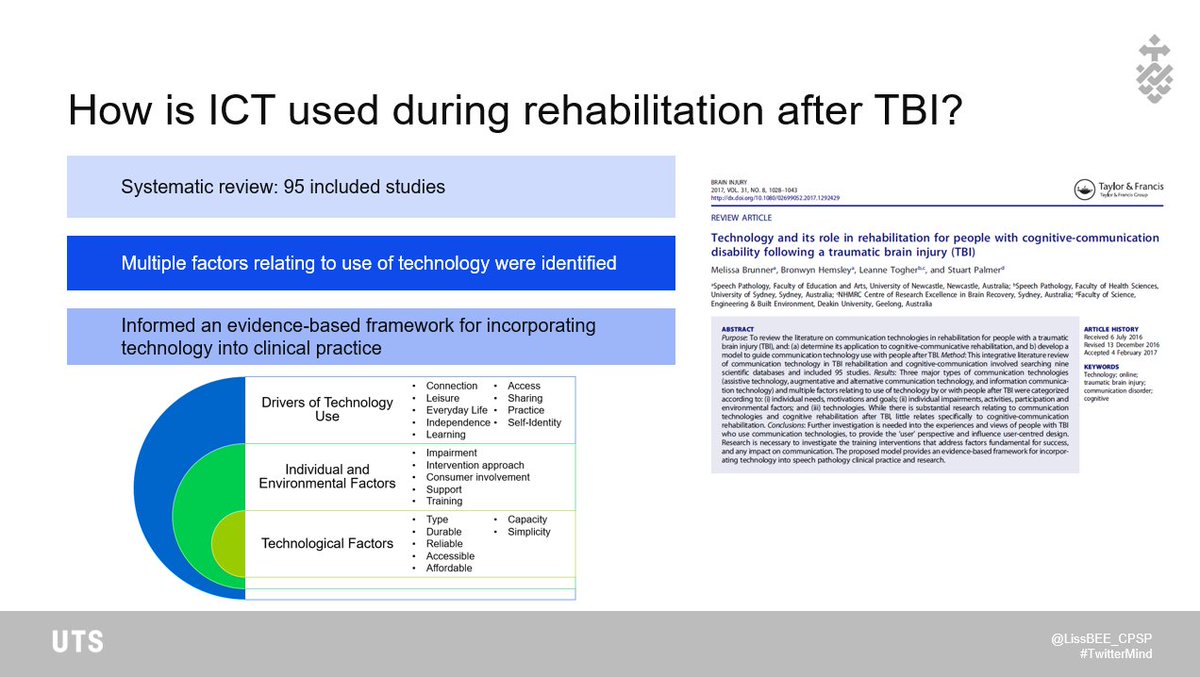 https://abs.twimg.com/emoji/v2/... draggable="false" alt="😭" title="Laut schreiendes Gesicht" aria-label="Emoji: Laut schreiendes Gesicht"> &identified multiple factors that influence successful use of technology in rehabilitation and developed a model to inform clinical practice https://tandfonline.com/doi/full/..." title="So I conducted a second systematic review https://abs.twimg.com/emoji/v2/... draggable="false" alt="🤣" title="Lachend auf dem Boden rollen" aria-label="Emoji: Lachend auf dem Boden rollen">https://abs.twimg.com/emoji/v2/... draggable="false" alt="😭" title="Laut schreiendes Gesicht" aria-label="Emoji: Laut schreiendes Gesicht"> &identified multiple factors that influence successful use of technology in rehabilitation and developed a model to inform clinical practice https://tandfonline.com/doi/full/..." class="img-responsive" style="max-width:100%;"/>
https://abs.twimg.com/emoji/v2/... draggable="false" alt="😭" title="Laut schreiendes Gesicht" aria-label="Emoji: Laut schreiendes Gesicht"> &identified multiple factors that influence successful use of technology in rehabilitation and developed a model to inform clinical practice https://tandfonline.com/doi/full/..." title="So I conducted a second systematic review https://abs.twimg.com/emoji/v2/... draggable="false" alt="🤣" title="Lachend auf dem Boden rollen" aria-label="Emoji: Lachend auf dem Boden rollen">https://abs.twimg.com/emoji/v2/... draggable="false" alt="😭" title="Laut schreiendes Gesicht" aria-label="Emoji: Laut schreiendes Gesicht"> &identified multiple factors that influence successful use of technology in rehabilitation and developed a model to inform clinical practice https://tandfonline.com/doi/full/..." class="img-responsive" style="max-width:100%;"/>
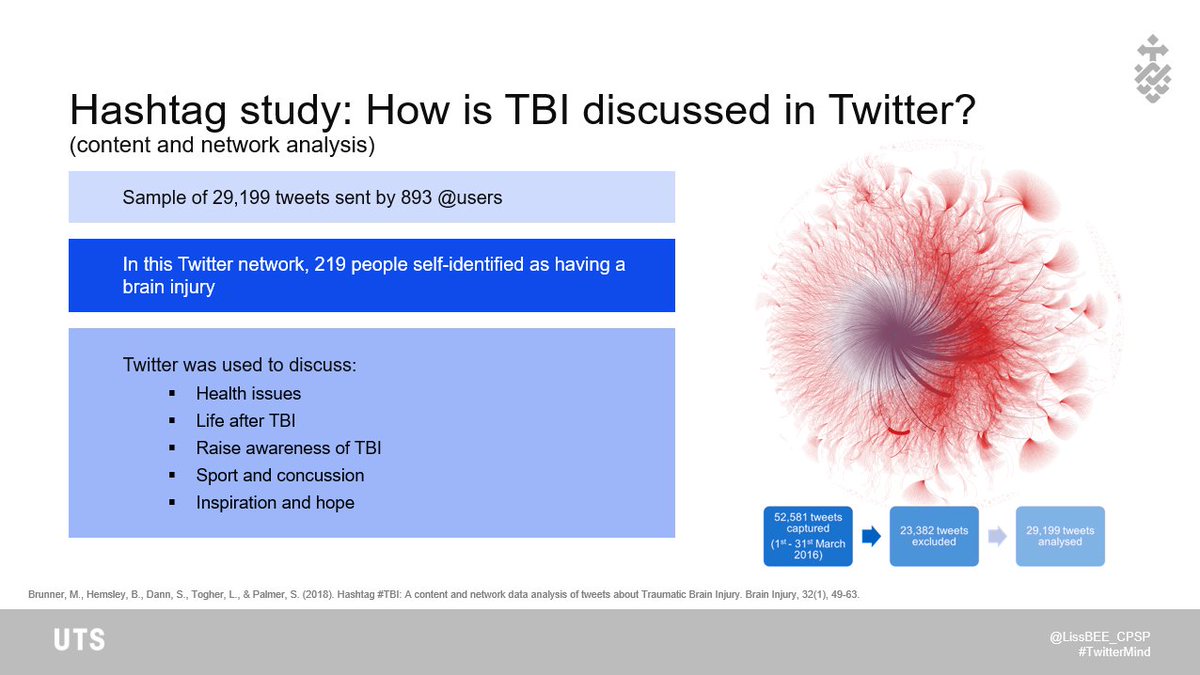
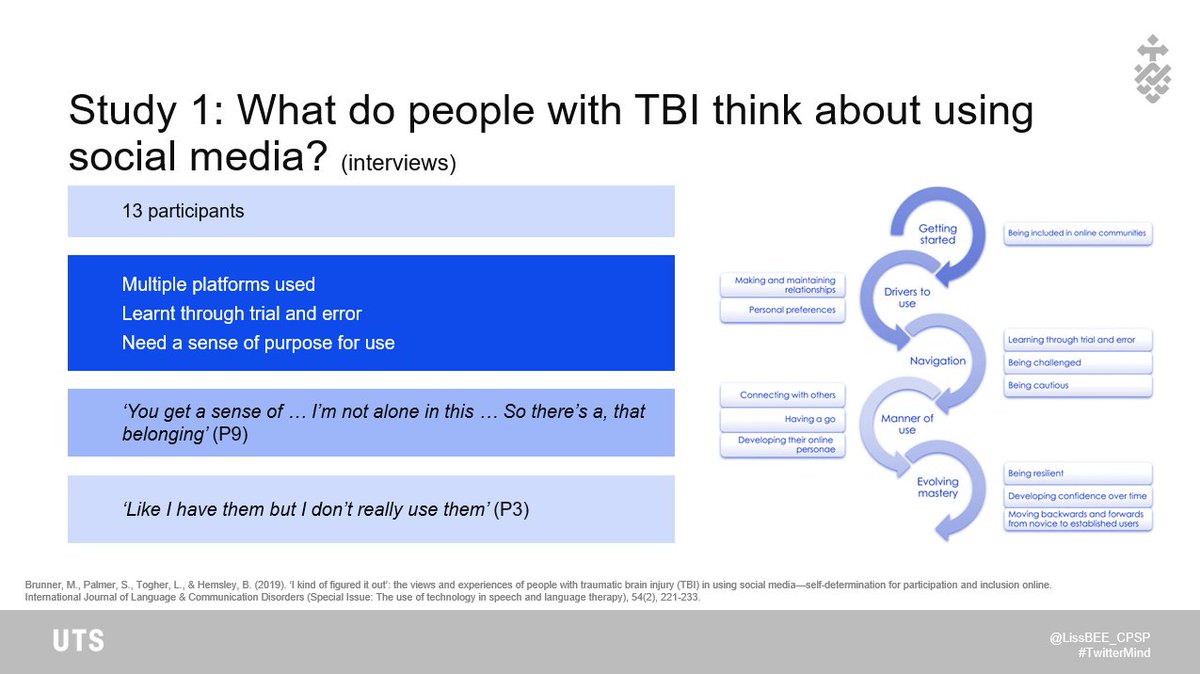
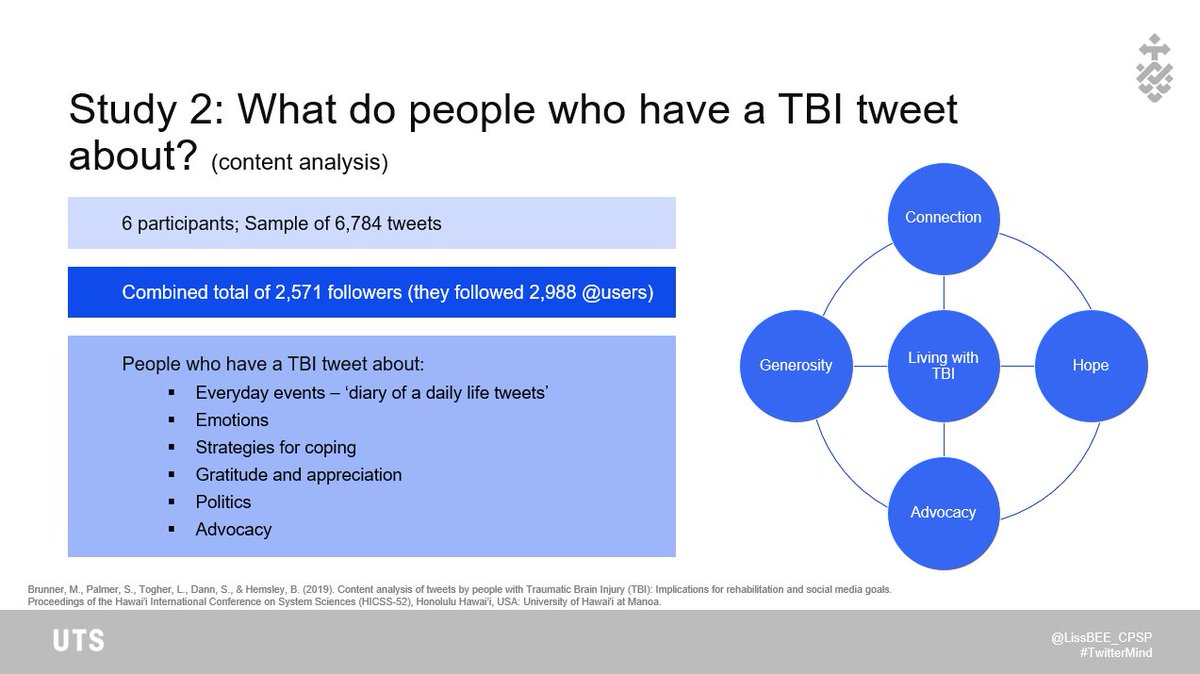
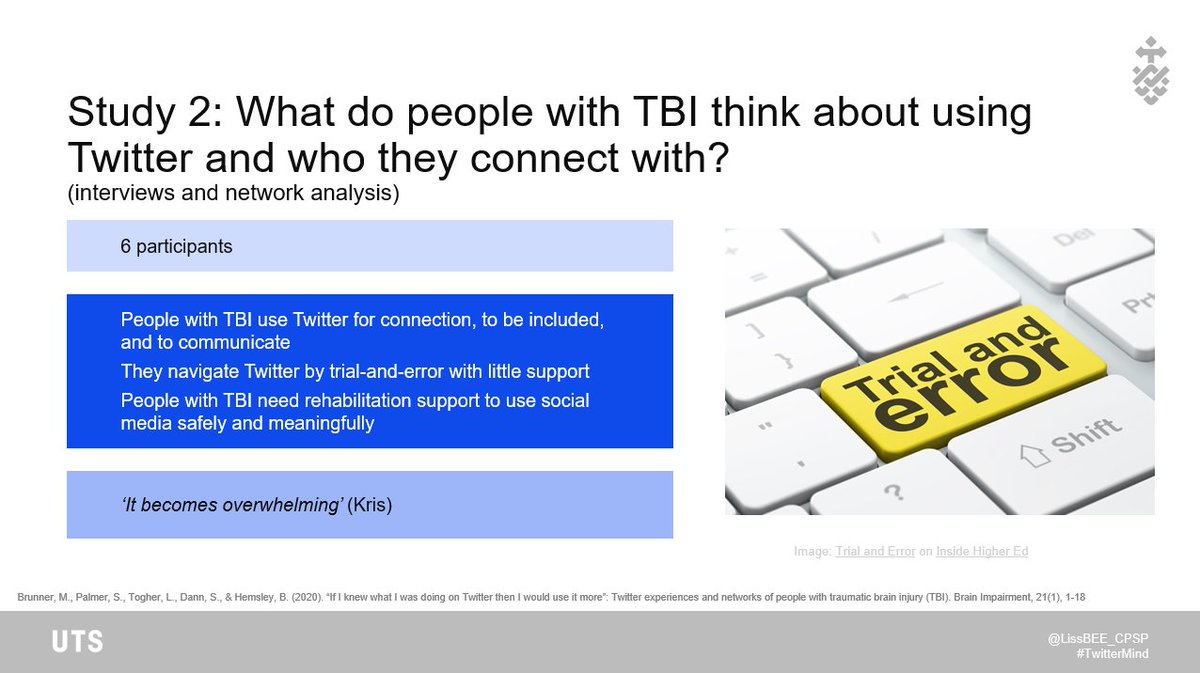
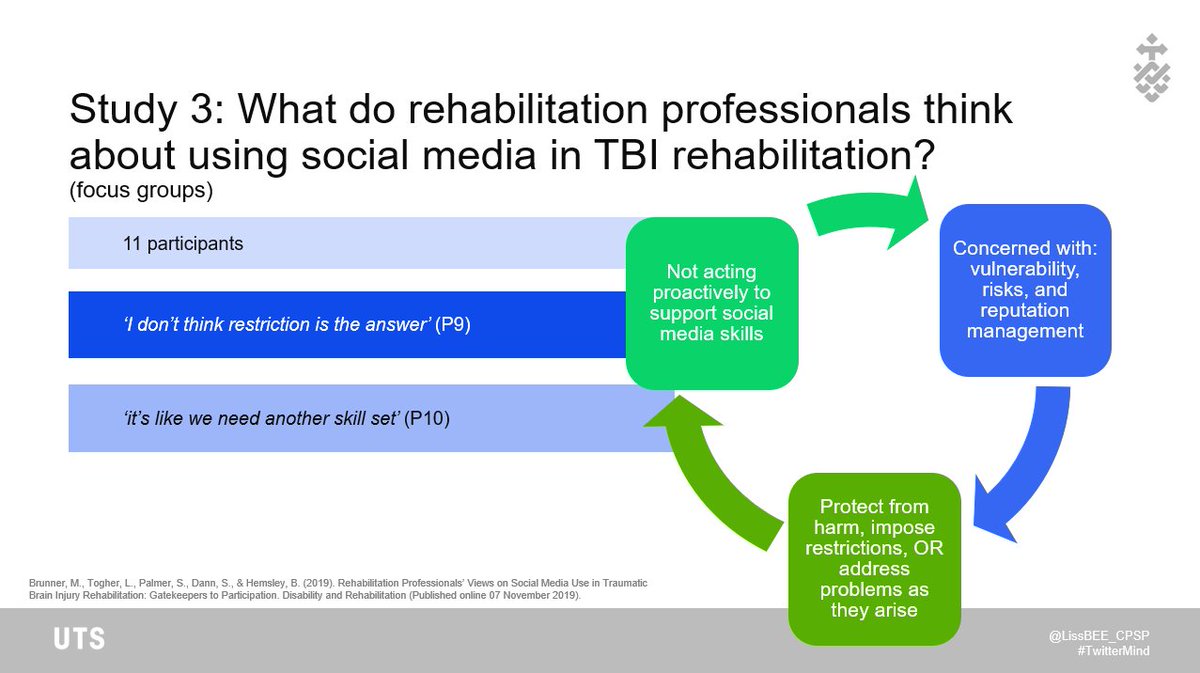
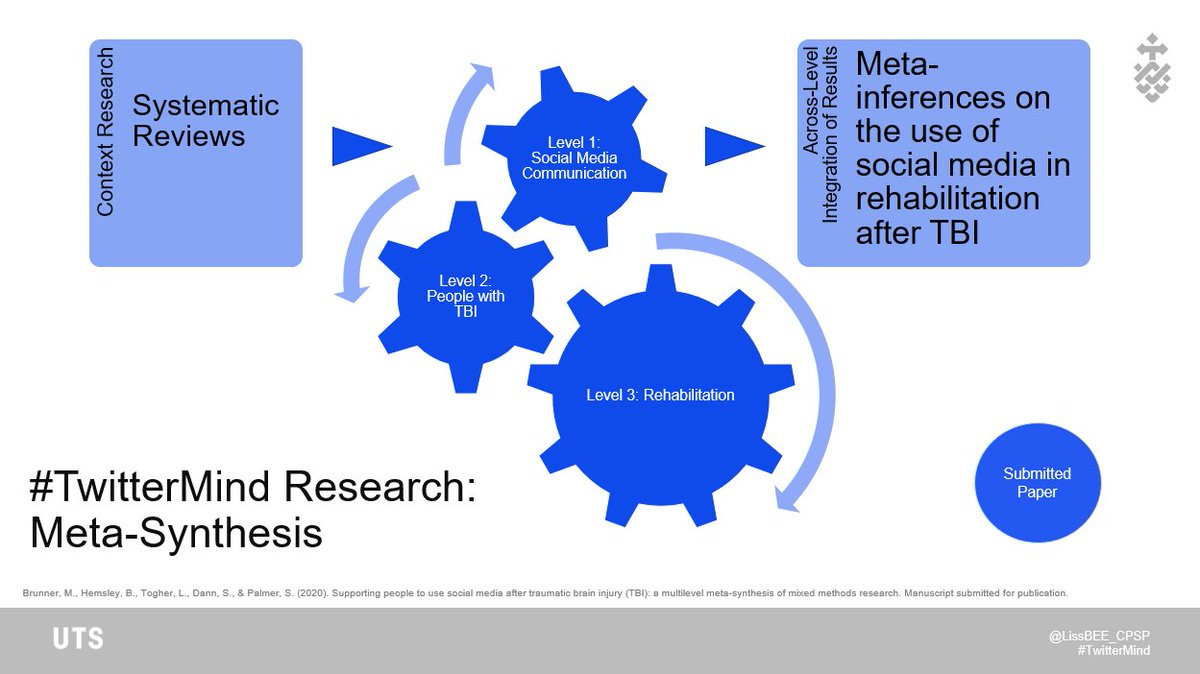
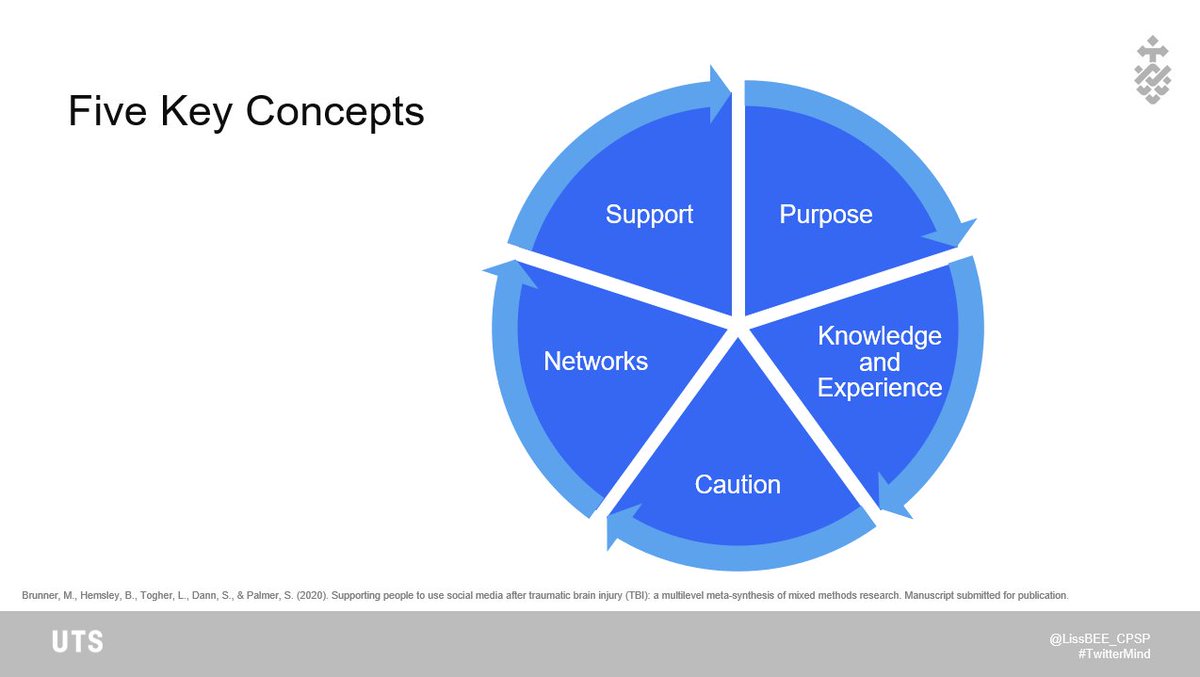
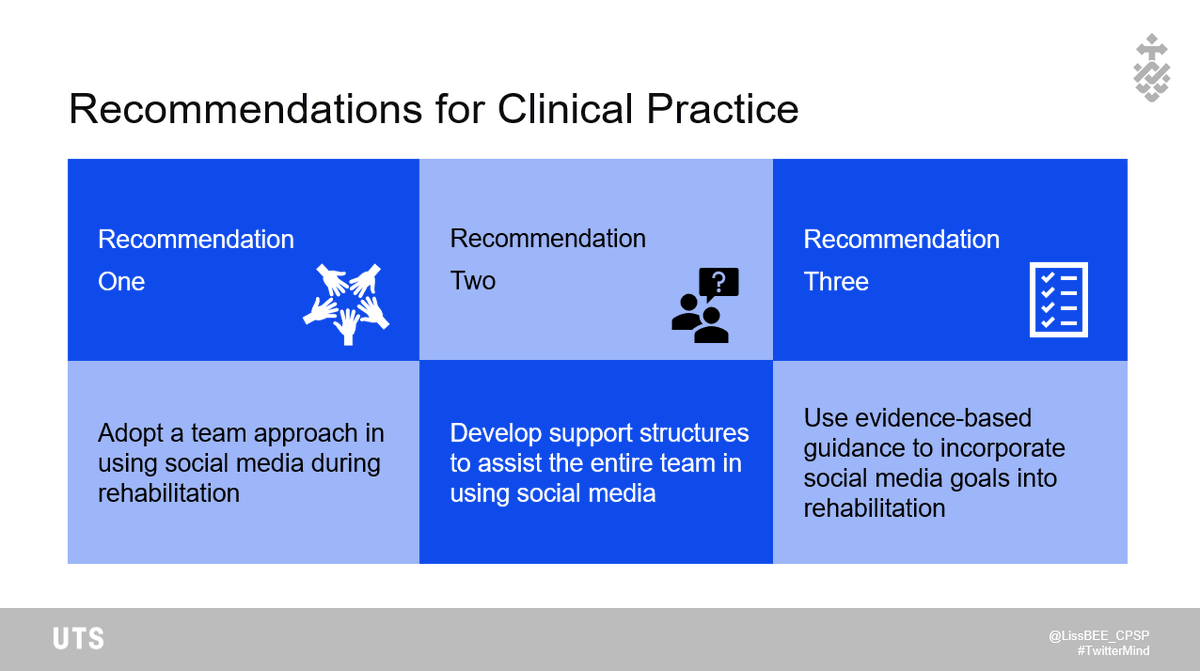
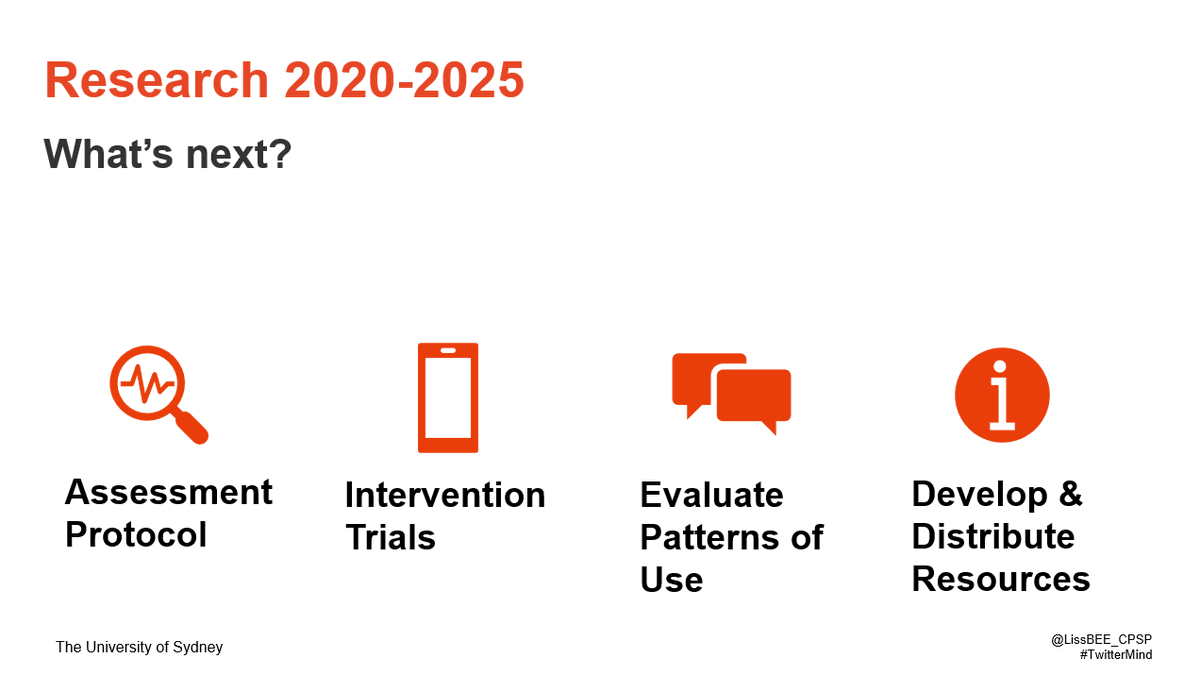
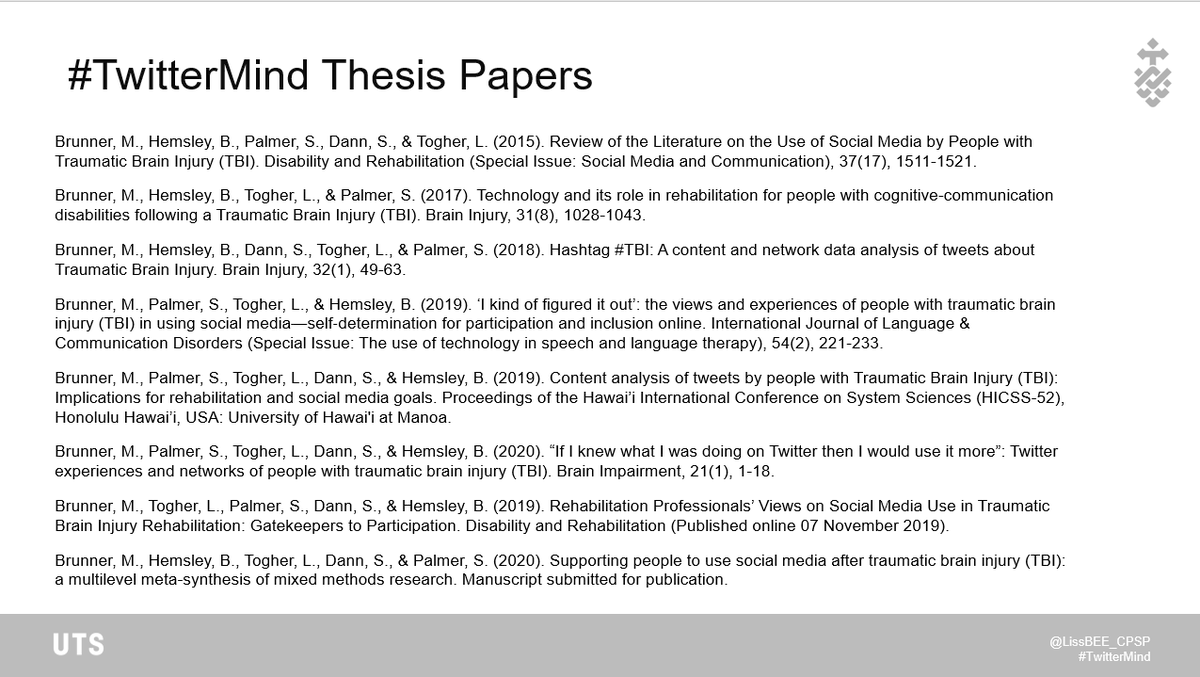 " title="I’ve included the links to all of these publications in this thread – please go check them out! If you need access to any of them - please get in touch with me https://abs.twimg.com/emoji/v2/... draggable="false" alt="😊" title="Lächelndes Gesicht mit lächelnden Augen" aria-label="Emoji: Lächelndes Gesicht mit lächelnden Augen">" class="img-responsive" style="max-width:100%;"/>
" title="I’ve included the links to all of these publications in this thread – please go check them out! If you need access to any of them - please get in touch with me https://abs.twimg.com/emoji/v2/... draggable="false" alt="😊" title="Lächelndes Gesicht mit lächelnden Augen" aria-label="Emoji: Lächelndes Gesicht mit lächelnden Augen">" class="img-responsive" style="max-width:100%;"/>


